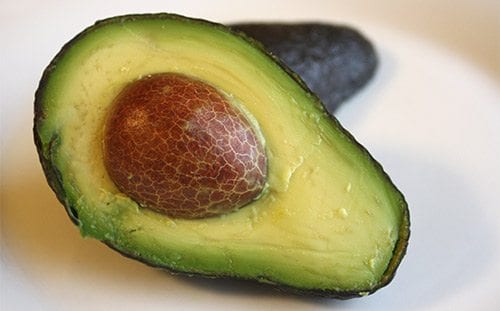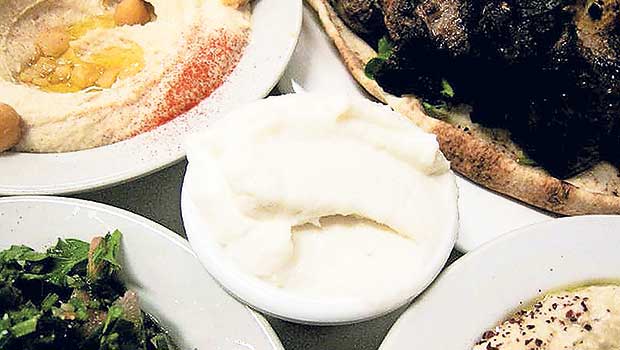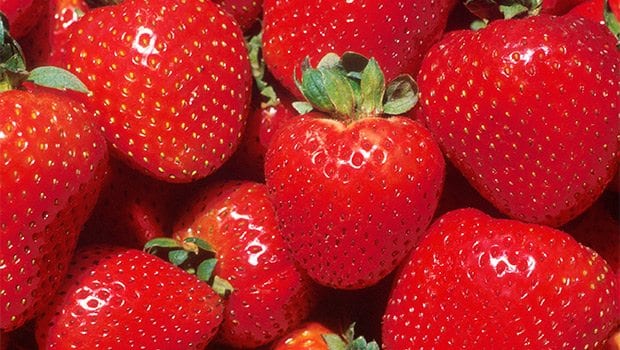Avocados: Not just guacamole
Now considered a power food

The avocado is noted by its distinctive shape. It’s slim on top, then morphs into a round bulbous body. The skin is smooth in some varieties, and rough and stubbly in others. Although there are more than 100 varieties of avocados, only seven are grown in the U.S. Most common is the Haas avocado whose rough-hewn skin turns black when ripe.
The avocado is a bit of an enigma. Although it is generally used as a vegetable on the dinner plate, it is actually a fruit and a member of the berry family. Further confusing the issue is its listing as a vegetable by the U.S. Department of Agriculture.
A major distinction between the avocado and other fruits, however, is its low sugar content. For instance, while the apple contains 25 grams of sugar per standard serving size, the avocado can’t even muster up one gram.
It may be low in sugar, but it is chock full of vitamins and minerals with relatively few calories. That is why it is considered nutrient dense and is recommended for those with diabetes and cardiovascular disease and for everyone for general good health. Just one-fifth of a medium avocado has 50 calories and contributes nearly 20 vitamins and minerals, according to the California Avocado Commission.
For instance, avocados contain vitamin E that protects tissues from damage. Vitamin K assists blood clotting, and vitamin B helps normal brain development. Potassium is essential for proper function of the cells and helps lower blood pressure, while magnesium maintains normal function of nerves and muscles.
Avocados are also high in fiber, which serves two major functions in the body. Fiber can help lower blood cholesterol and glucose levels, and also keep the digestive system regular.
They are also full of fat. Actually, roughly 70 percent of the calories from each serving of avocado come from fat. No need to panic, though. There is a misperception that all fat is bad. Not so. The body needs fat for energy and cell growth. It also protects your organs and keeps you warm.
But there’s more than one type of fat. Saturated and trans fats, which are solid at room temperature, can raise blood cholesterol levels. Avocados, on the other hand, contain monounsaturated, a healthy form of fat, and may actually have the opposite effect.
In an article recently published in the Journal of Clinical Lipidology, a review of a meta-analysis found that avocado consumption significantly lowered total cholesterol, triglycerides and the cholesterol found in LDL, the particle responsible for transporting cholesterol to the cells.
This does not mean that one should eat avocados with abandon. Indeed, they contain nine of the 13 essential vitamins, and are free of cholesterol and sodium, and contain more potassium than a banana. But the fact remains that they are high in fat, albeit a healthy fat.
While each gram of carbohydrates and proteins contain four calories, each gram of fat — even healthy fat — contains nine calories. Consumption of more calories than the body needs can lead to weight gain. The Institute of Medicine suggests limiting fats to 20 to 30 percent of one’s daily calories.
The popularity of avocados has soared. They are often the first solid food babies eat. They have found their way into salads, sandwiches, smoothies and even desserts. They adorn the plate of many a meal. They remain a staple in Mexican food. But avocados are more than just guacamole.






